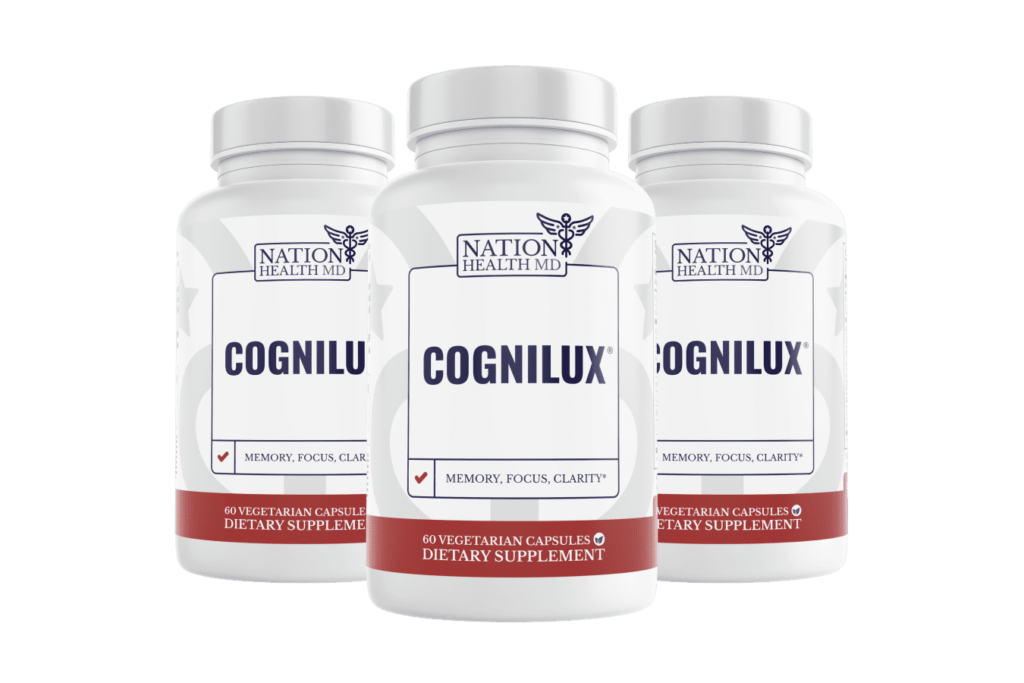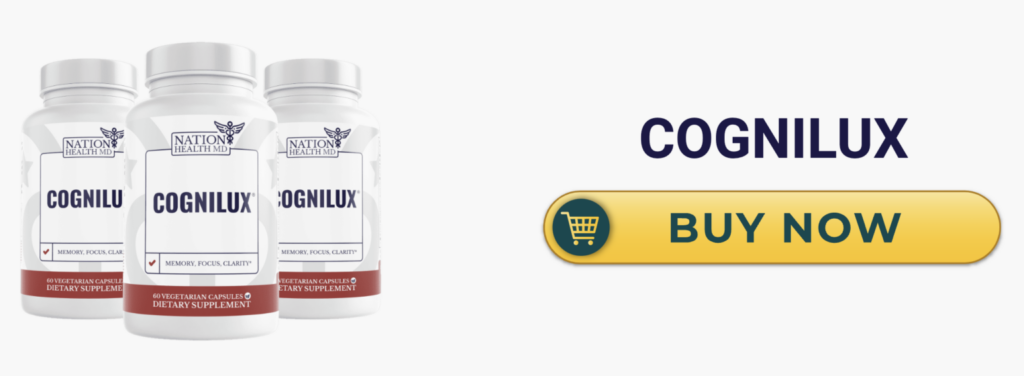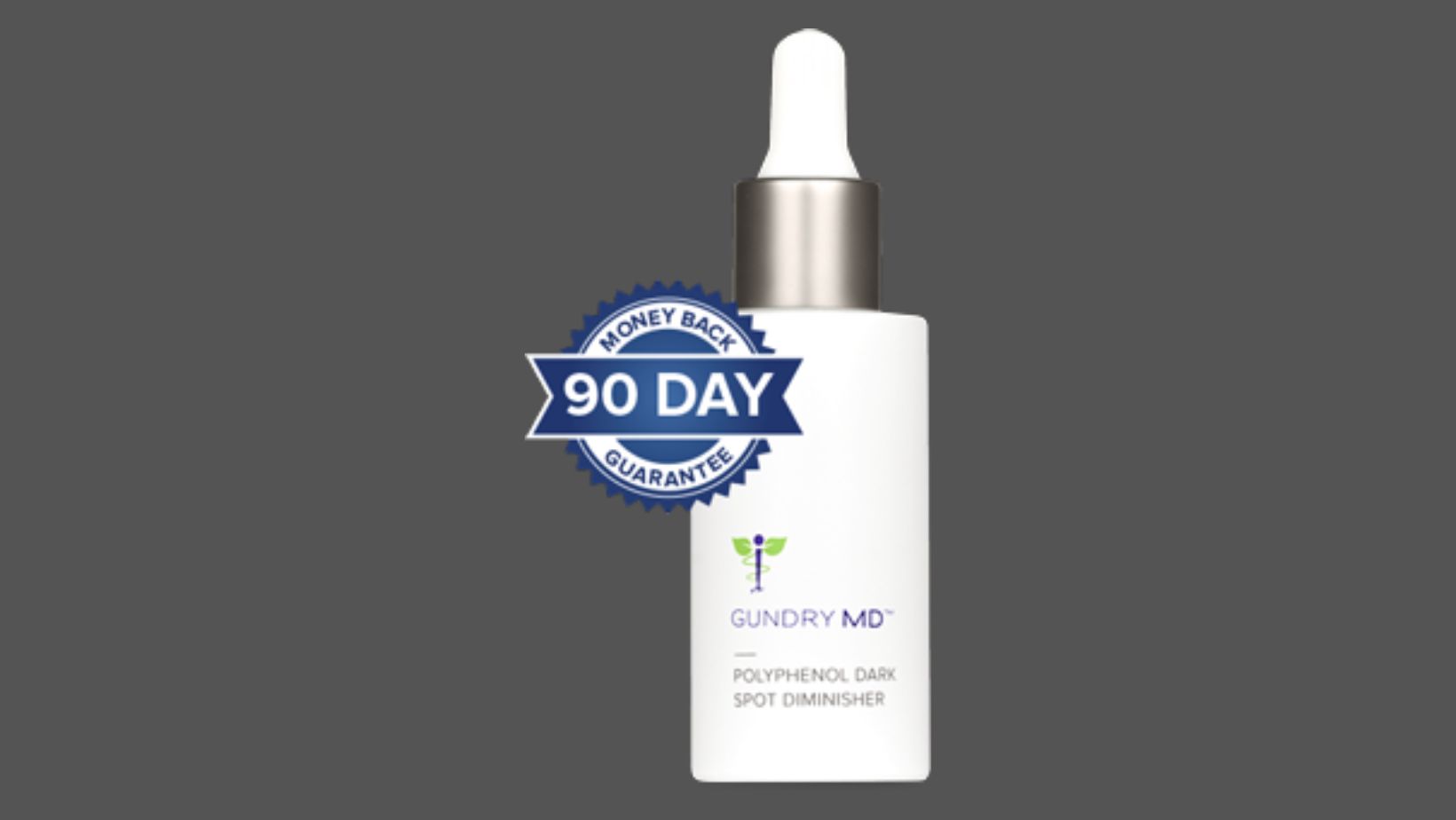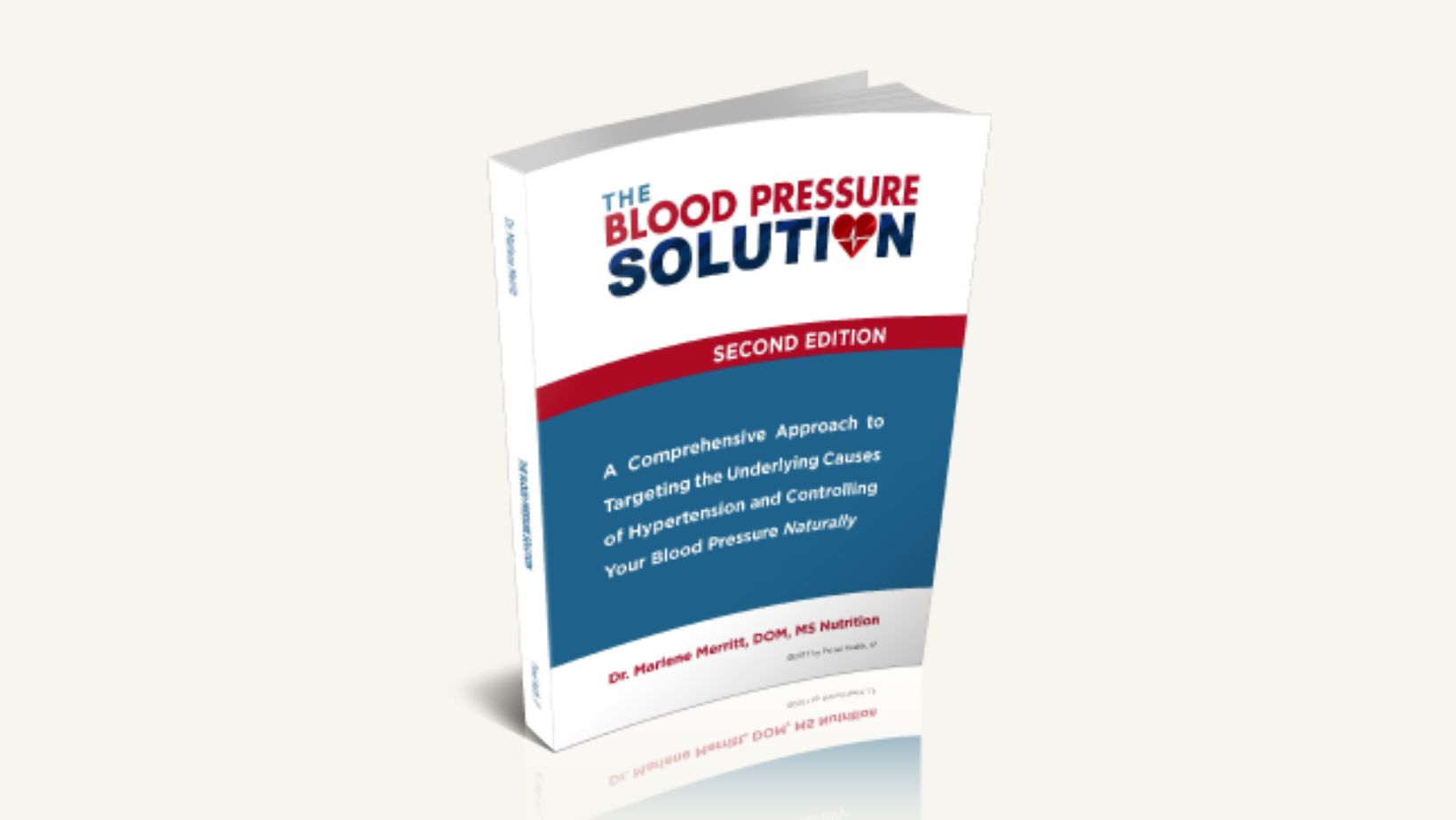A sharp mind and a healthy brain are invaluable assets. As we age, protecting our cognitive health becomes crucial to maintaining our quality of life. Cognitive decline can be influenced by various factors, and understanding how to avoid these triggers is essential for a thriving brain. In this comprehensive guide, we’ll address the top three triggers of rapid brain aging, drawing from both expert knowledge and real-world experiences.

Avoid These 3 Triggers Of Rapid Brain Aging
Stress: The Silent Culprit
Stress is a silent but potent trigger for rapid brain aging. Chronic stress can lead to a host of cognitive issues, including memory problems, reduced concentration, and even the risk of neurodegenerative diseases. The body’s stress response releases cortisol, a hormone that can damage the brain’s hippocampus, a region vital for memory. To avoid this trigger, we must learn to manage stress effectively.
Expert Insight:
Dr. Sarah Williams, a renowned neurologist, advises, “Practicing mindfulness, deep breathing, and engaging in regular physical activity can significantly reduce stress levels and protect your brain from aging prematurely.”
Poor Diet: Fueling Cognitive Decline
Our diet plays a pivotal role in maintaining brain health. Consuming processed foods, excessive sugars, and unhealthy fats can accelerate brain aging. Nutrient-rich foods, on the other hand, can enhance cognitive function and protect against age-related brain decline. A diet high in antioxidants, omega-3 fatty acids, and vitamins is essential for a healthy brain.
Expert Insight:
Nutritionist, Mark Johnson, emphasizes, “A balanced diet that includes plenty of fruits, vegetables, and lean proteins is essential for optimal brain health. These foods provide the necessary nutrients to combat cognitive decline.”
Sedentary Lifestyle: The Brain's Worst Enemy
Leading a sedentary lifestyle can be detrimental to your brain. Regular physical activity promotes healthy blood flow to the brain, which, in turn, supports the growth of new neurons and the formation of connections between them. A lack of exercise can lead to brain atrophy, diminishing cognitive abilities.
Expert Insight:
Dr. Emily Turner, a sports medicine specialist, states, “Exercise is a powerful brain booster. Engaging in aerobic activities, like brisk walking, swimming, or dancing, can protect your brain from aging too quickly.”
Frequently Asked Questions
Q: Can rapid brain aging be reversed?
A: While we can’t turn back the clock, adopting a brain-healthy lifestyle can slow down the aging process and improve cognitive function.
Q: How much stress is too much for the brain?
A: Chronic stress can be harmful. It’s essential to find effective stress management techniques to prevent cognitive decline.
Q: What are some brain-boosting foods?
A: Foods like blueberries, salmon, and nuts are known for their brain-boosting properties. Incorporating them into your diet can help protect your cognitive health.
Q: How often should I exercise to maintain a healthy brain?
A: Aim for at least 150 minutes of moderate-intensity exercise per week to keep your brain in top shape.
Q: Are there any supplements that can help with brain aging?
A: Some supplements, like fish oil and ginkgo biloba, have shown promise in supporting brain health, but it’s essential to consult with a healthcare professional before using them.
Q: Can genetics play a role in rapid brain aging?
A: Genetics can influence brain aging, but a healthy lifestyle can offset genetic predispositions to some extent.
Conclusion
Our cognitive health is a treasure, and by avoiding the three key triggers of rapid brain aging—stress, poor diet, and a sedentary lifestyle—we can safeguard our brain’s vitality. It’s never too late to make positive changes for a healthier, more vibrant mind. As you embark on this journey to protect your cognitive health, remember that your brain deserves the best care. Let’s commit to a lifestyle that nurtures our minds, so they can serve us well for years to come.
Remember, to protect your brain, prioritize stress management, nourishing your body with a wholesome diet, and staying active. By doing so, you’re taking a proactive step towards preventing rapid brain aging.











